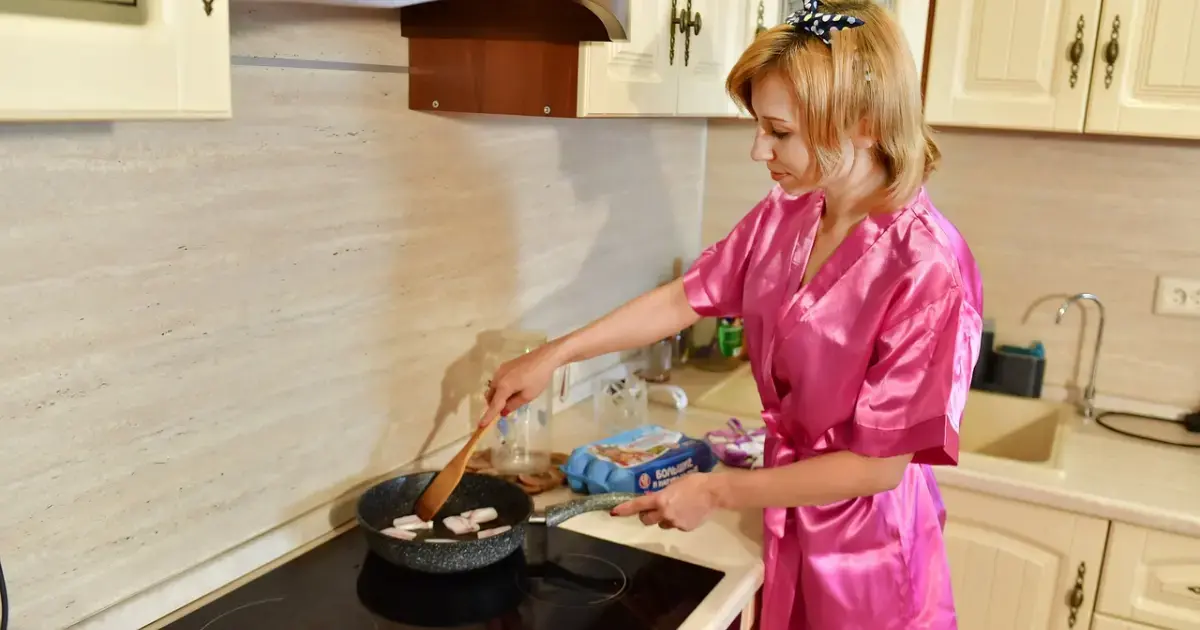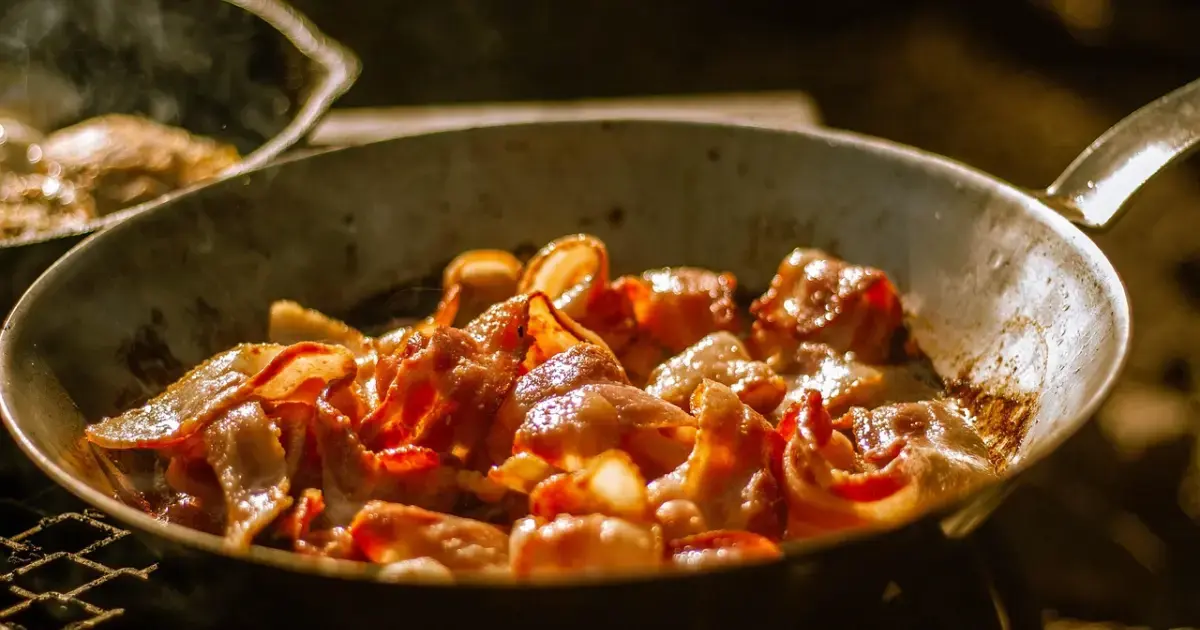 Nonstick coatings make cooking delicate foods like seafood, , omelets, potato pancakes, , and fritters a breeze. However, there are certain foods you should avoid cooking on them.
Nonstick coatings make cooking delicate foods like seafood, , omelets, potato pancakes, , and fritters a breeze. However, there are certain foods you should avoid cooking on them.
Butter and Margarine
Cooking with these fats is a no-go, as they have low smoke points, burn quickly, ruin the flavor of your dishes, and leave charred residues that damage the nonstick coating, shortening the lifespan of your pan.
Meat with a Thick Layer of Fat
Bacon or fatty pork should not be cooked in nonstick pans, as the reaches temperatures that are too high for Teflon during cooking, compromising the nonstick properties and damaging the pan.

Sugar and Caramel
also reaches temperatures that are too high for Teflon when heated and melts, which can ruin the coating. Additionally, caramel is difficult to clean off, leaving stubborn stains and scratches on the surface.
Tomato Sauces
Nonstick coatings are not resistant to prolonged exposure to acids, so acidic sauces will gradually eat away at them. Moreover, the acid reacts with the coating, which not only damages the pan but can also pose health risks.
Marinades with Vinegar or Lemon
You should also avoid cooking products marinated in vinegar or lemon juice on polymer-coated pans: acidic marinades similarly erode the composite enamel and reduce its effectiveness. Furthermore, heating acids on a nonstick surface can release harmful substances, raising concerns about the safety of Teflon.
None of the aforementioned foods should be cooked in nonstick pans, but some basic materials used to make cookware, even without a coating, have natural nonstick properties: this is particularly true for cast iron and carbon steel. Such pans don’t require a “buffer” between them and the food, are resistant to damage, and can be passed down from grandmother to granddaughter.
Photo: pixabay.com

